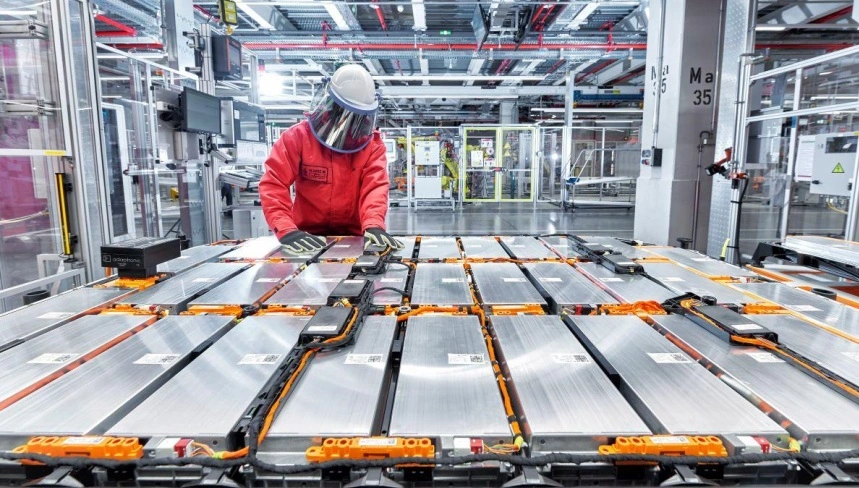Technology consulting firm Izertis will lead the digitalization segment in a European project aimed at boosting the manufacturing of battery cells, multiplying production by 15 times.
In this way, the current 60 gigawatt-hours (GW/h) will increase to 900 GW/h over the next seven years.
The initiative, named Gigabat, is part of measures aimed at achieving the goals set for 2030 by the European Union (EU).
The project advocates for the creation of gigafactories to meet demand levels for the coming years and is conceived with the idea of reducing the EU’s production dependence on other countries through a large-scale manufacturing value chain that allows for a sustainable and ecological transition.
Izertis will be in charge of leading the digitalization aspect, aiming to optimize production processes through machinery improvements.
It is worth mentioning that Izertis will implement machinery manufactured in Europe to develop the next generation of lithium-ion batteries, GEN3b.
The technology consulting firm will contribute its “expertise in digital metamorphosis” in these types of processes, designed for the creation of gigafactories through the use of two technologies as the core of the project: artificial intelligence and blockchain.
“We are delighted to coordinate the Gigabat project, which aims to revolutionize battery manufacturing in europe through sustainable and digitalized gigafactories,” stated Iker Boyano, coordinator of the gigabat project.
The program consists of five countries (Spain, Italy, France, Germany, and Sweden) and 16 partners, with the common goal of minimizing energy consumption, eliminating air and water pollution, and integrating intelligent control processes to minimize waste, thereby reducing costs and environmental impact.
The project is funded by the Horizon Europe program of the European Commission, with an estimated duration of 42 months to achieve the creation of these gigafactories and reach the EU’s estimated GW/h levels by 2030.







